Goal setting. Most of us have heard of the phrase. Some of us even know what it really means. And yet, even though it’s one of the most powerful tools in our lives, so few of us actually use it.
Most people think of goals on or around January 1st. “I’ll go on a diet and lose 20lbs because I want to look better.” It’s not enough. At best, for most of us, this is just a mere wish. There’s a smattering of intent, but no real desire to make this a “must do” in the forthcoming year.
If you think you’re doing better, then I’m delighted to hear it. I’ll estimate that 90% of us don’t have any goals for 2010. Out of the remaining 10%, only 3% will have them written down.
Successful people, including sportspeople, have their goals written down.They understand the power of goals and make sure they have lots of them for the year. They also make sure their goals are big enough so that they can look back at the end of the year with a huge sense of achievement.
This doesn’t mean that they will have succeeded at everything, but the majority of their goals will have been realised and the result of this is success in many areas of their lives.
So How Do You Create Badminton Related Goals?
First of all, you need to recognise there are two types of goals that sportspeople need to have.
1) Outcome goals – these are results in tournaments, matches where a desired result is required.
2) Performance goals – these are critical “performance related” goals and therefore are solely focussed on your skills and skill improvement. Hopefully, your ability to improve your badminton skill will result in you achieving your outcome goals.
Sportspeople need both types of goals to drive them forwards. A classic example of this is told by former World and Olympic medallist Kriss Akabusi. Kriss tells the story of his last Olympic final when he was favourite to win gold.
As you can expect, his outcome goal was to win the gold medal. However, in the final, despite his best efforts, Kriss won the bronze medal. Whilst he was disappointed not to win a gold medal in this final, he actually ran his personal best time. From a performance goal perspective, he had won the gold medal. He could not ask anymore from himself than a personal best time. To achieve this in an Olympic final, with all the tension, is a truly outstanding performance.
So, whilst Kriss came away from the games with a bronze medal, and had not achieved his outcome goal, he had performed to his very best and knew he could not ask more of himself. The gold and silver medallists also ran personal bests to win their medals, so fete played its part on the day in deciding the medal winners and order.
Without performance goals, you cannot train correctly in order to achieve your outcome goals. It’s almost like planning a holiday. You know the end destination, but you have no idea how you’re going to get there.
Start With the End in Mind
This is exactly what you need to do in order to ensure you set the correct goals.
So, what outcome goals do you want to achieve in 2010?
What skills must you either attain, or significantly improve on, in order to give you the best chance of achieving your outcome goals?
How do you rate your skills in these key areas now? If you were to be put under pressure and have to play/use these key skills, how many out of 10 returns would you expect to achieve?
In other words, if you know what skills you need to improve on, you’ve got to rate them in order to provide yourself with a starting point. You then need to use this measuring system in order to monitor your performance consistently.
Once you’ve done this, you need to work out your training program on a monthly, weekly, daily basis to achieve your desired performance goals. Make sure you also map out a monitoring system that tells you whether you are on target or not.
Now get training and watch your results frequently. Make sure you are logging your results religiously in order to achieve your desired outcome. If you find you are missing key targets along the way, recruit the help of a coach or number of coaches if you’re that serious, to get you back on track.
Summary
I’ve covered this topic very quickly as I recognise it will not appeal to everyone. But, it really does apply to every standard of player if you really are serious in improving your skills.
Please, don’t be a dreamer and think that you can turn up at club every week, and somehow, as if by magic, you are going to significantly improve – I’m sorry to disappoint, but it just doesn’t happen.
Improving skill requires hours of repetition, trying to play the perfect shot with perfect technique.
As the saying goes, you get out what you put in. Playing games will not significantly improve your skill. Working on key skills will improve your skill.
I’d love to hear your thoughts on this. Why not send me your comments, or email me your goals for the year if you’d like me to comment further or help you set performance targets and/or training timetables.
To your success in 2010.



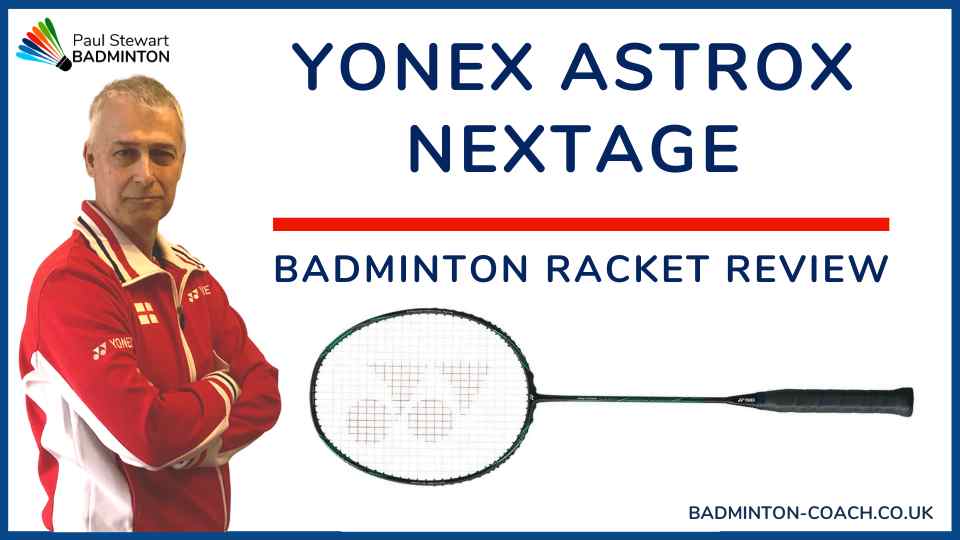
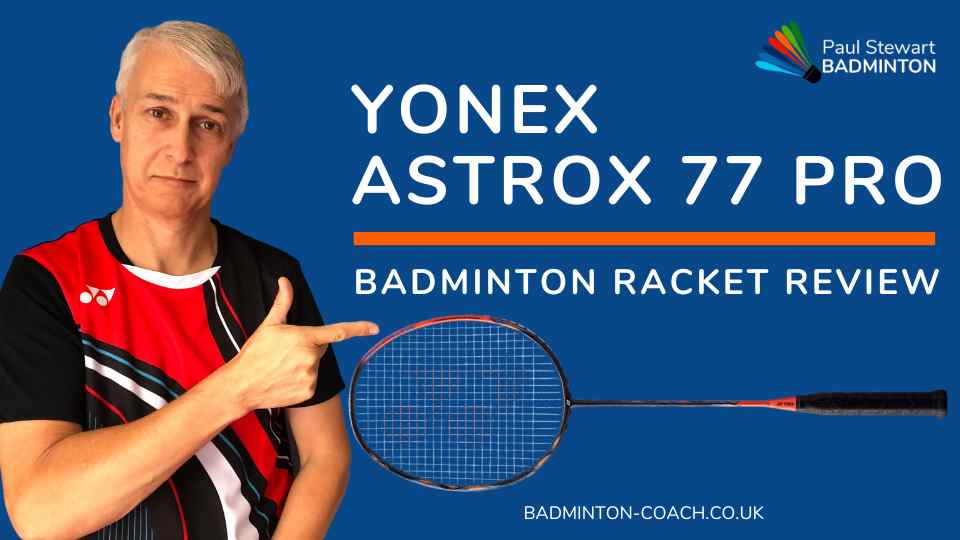
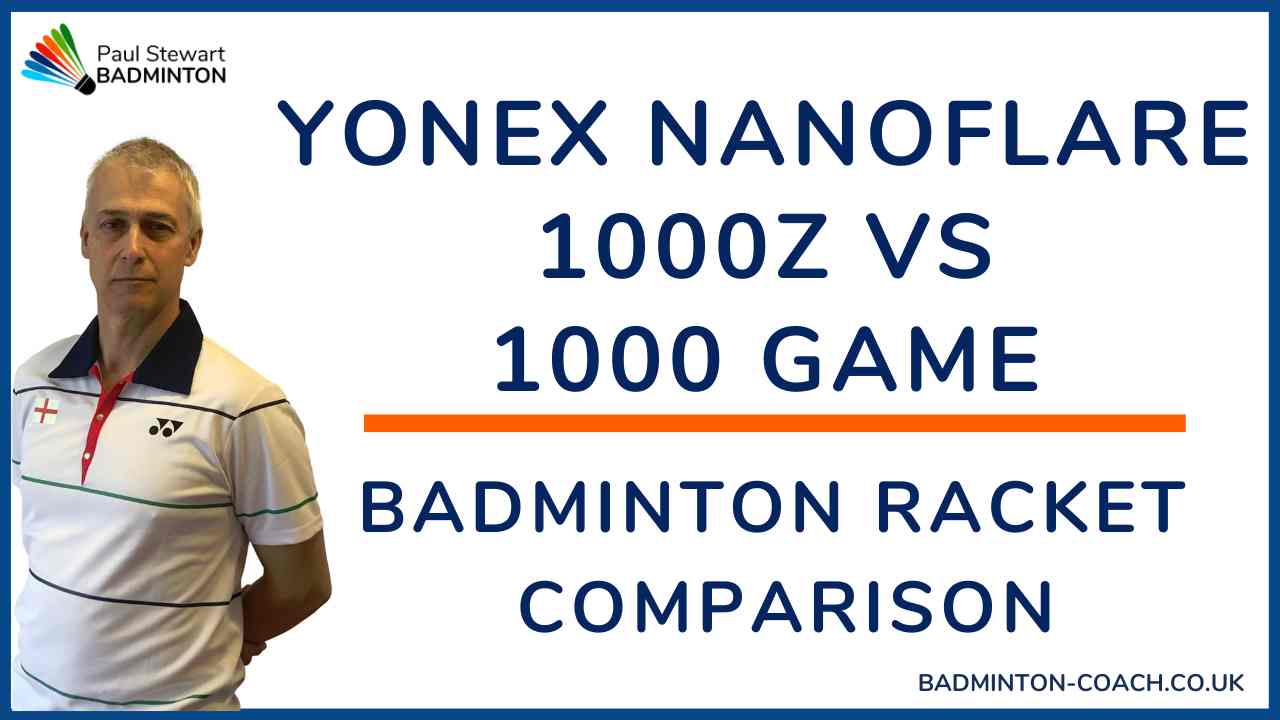
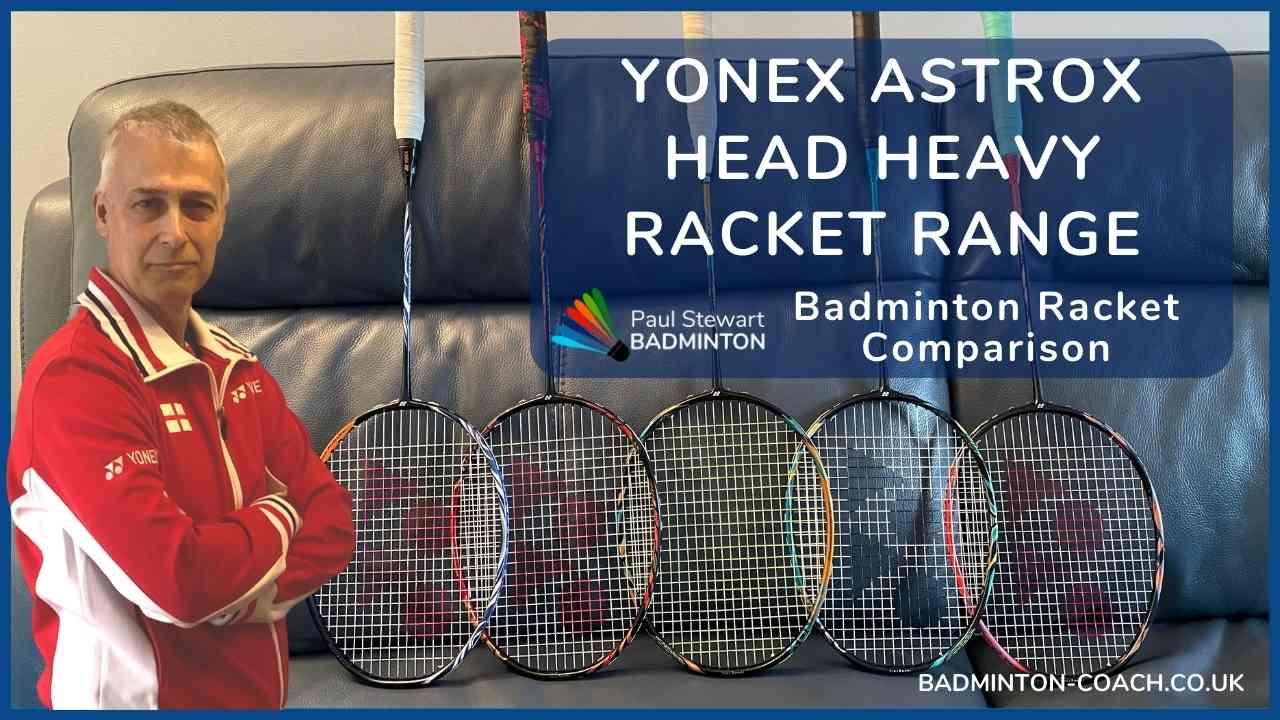

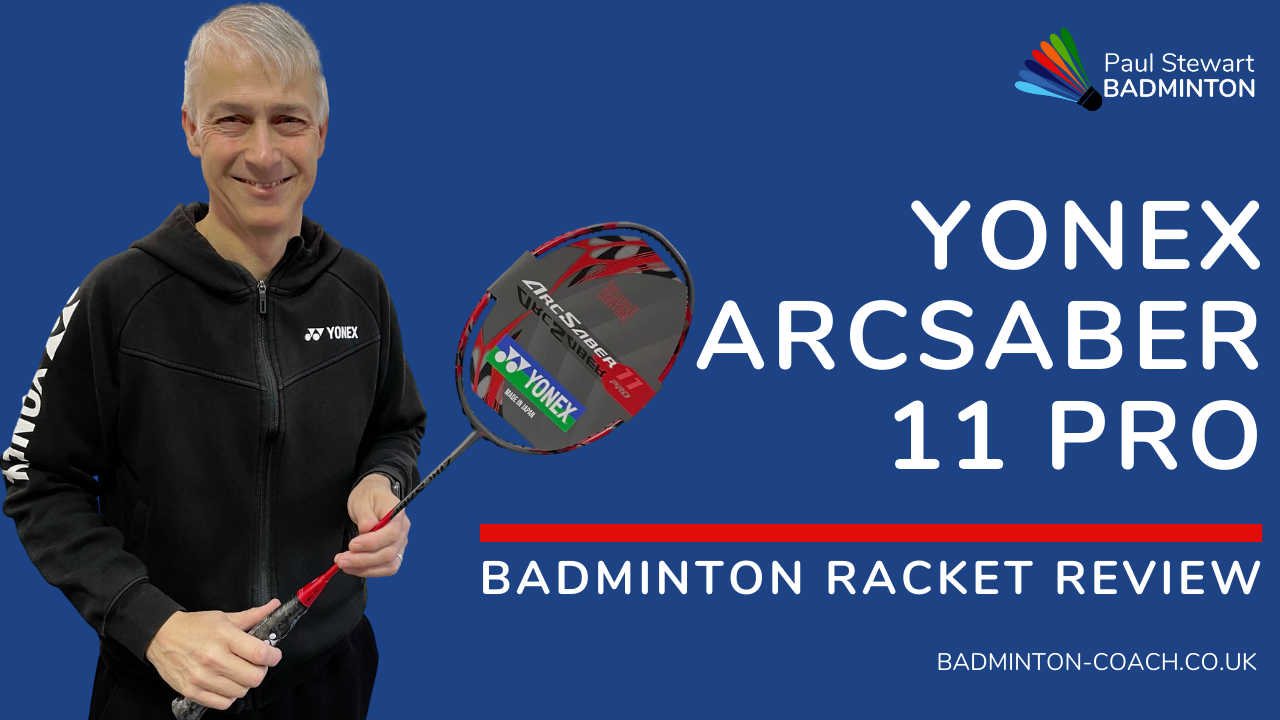
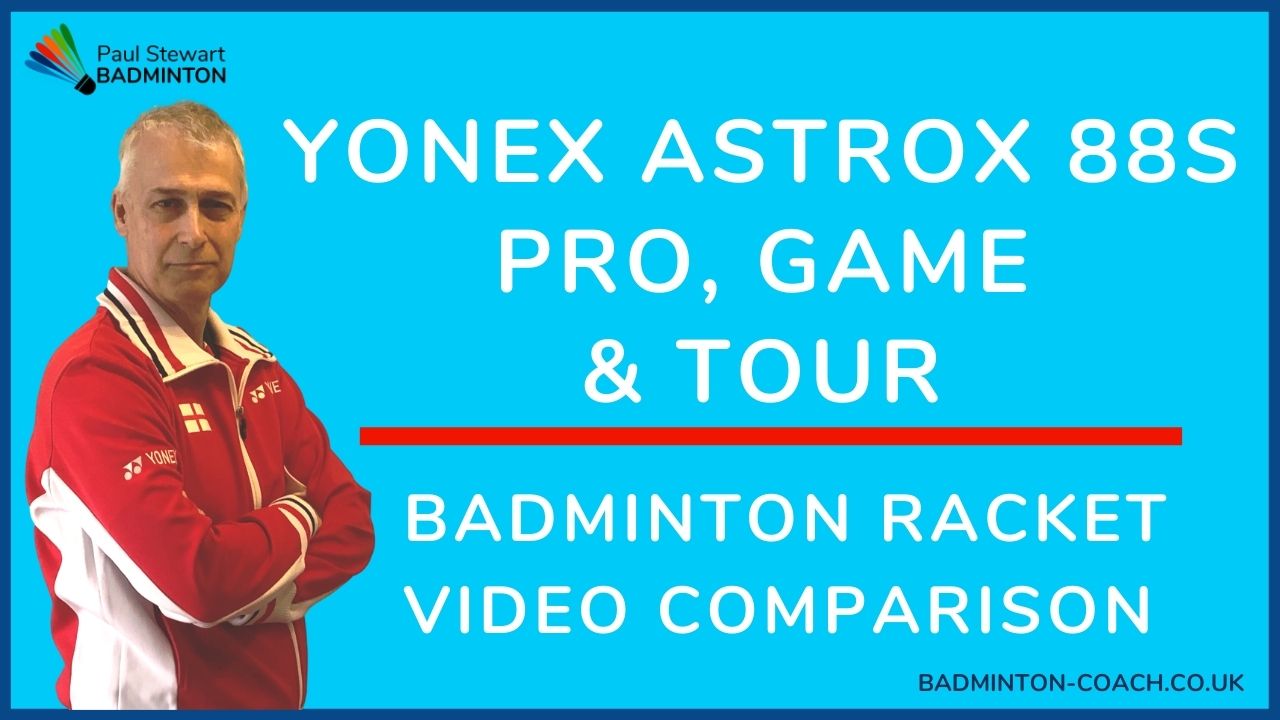

Hey Paul,
Thanks for your advice! I’ve been taking the opportunity to work on quicker movements as if being flicked and it has indeed helped me increase footwork speed! I’ve also started working on some plyometric exercises that accompanies the P90X program and I feel that a lot of it applies to good footwork. However, I feel this is still only really limited to doubles…
I can’t seem to understand the split step in singles; when should the hop be initiated and completed? I feel like I’m always rooted to the ground after the hop and can’t reach any drops or clears and eventually move back towards my habit of trying to predict the opponent’s next shot based on the quality and positioning of mine. Do you have any advice as to how I can improve my split step?
Thanks!
Chris
Hi Chris
Glad you’re picking up speed.
The split step is the first element in any powerful movement from a standing position.
What I suggest you do first is to test right foot forward, then left and very the distance of your feet apart until you find something more comfortable that allows you to move quickly. I prefer my racket leg slightly ahead to give me something to push off. It’s enough to get some momentum into my footwork pattern.
If you continue to have a problem, see if you can video yourself moving after the split step and send it to me. I’ll have a look and see if I can spot something which will solve the problem for you.
To your continued success in 2010.
Paul
Hi Chris
That’s a good question.
What I used to do is find an area outside to practice, which gave me sufficient room to cover the key areas of weakness in my game. Here’s a few tips for you…
1) stand on the front service line facing the net and then travel to the back line as though you’d been flicked. Count your steps and jump. Do this a number of times so you are sure you’ve got it nailed. This way, you can work the same movement elsewhere and you know you’re covering the right ground.
2) break the movement down further and work on the explosive first step and you’ve done the split step.
3) watch my video on moving backwards to ensure you are doing that vital push element
4) And finally…here’s the biggest tip I can give anyone about movement. Most players spend a huge amount of time practicing moving to an area on court. But, they never spend any time practicing the recovery to base.
I was coaching county juniors at weekend and had the opportunity to work with the top two juniors (aged 16) in the cell. These lads are playing “gold” standard badminton so they are very good. However, neither had been coached on improving their recovery to base.
I think it was a huge shock to them how hard they needed to work to recover well. They both did a very good job and it gave them so much more time to prepare for the next shot.
This should really help you get started. Let me know how you’re getting on.
To your success in 2010
Paul
Another great article Paul, as goals are definitely important to improve your game.
One of my goals this year is to increase my speed on court for both doubles and singles. While I\’m decent with doubles footwork, I generally get crushed in singles simply because I am so out of position to play an effective shot. Do you have any suggestions for simple exercises one can do with limited space in order to increase footwork related agility?
Cheers
Chris
Michael
Good to hear from you and many thanks for your excellent comments.
Repetition is vital to shot mastery, but there can be a drawback.
Remember the saying “practice makes perfect.” Well, actually it’s not true. The saying should say “perfect practice makes perfect.” The reason for this is that if you get the technique wrong from the outset, then all you will do with repetition is groove an incorrect technique.
That’s why coaches are so important in player development.
Sorry to hear about your injury. Hopefully it’s not too serious and you’ll be back to full fitness soon.
I could have written far more detail on goal setting but I thought it’s one of those topics that, whilst vital, will not appeal to everyone. As you know, the majority of league and club players generally are not interested in this type of topic.
To your success in 2010.
Paul
Good article Paul
Setting goals is one of the most important aspects of coaching junior players. It gives a sense of achievement and gives a focus so there is an end in sight. It is important as you point out early in the article to set goals which are clearly definable and in the realms of possibility.
I met a danish international player once and he said to learn a shot correctly you would have to repeat the shot up to 10,000 times to learn it. At first I was shocked at the reply but on further thought it is very true. Repetition is no fun but it will pay off in the long run.
I usually set goals for competition during the season and certain shots or different tactical play in the off season. However that has all changed as most plans do. Another serious injury so now my goal is to get back playing. Nothing like an injury to focus the mind. Looking forward to more posts in the coming year.
Regards
Michael